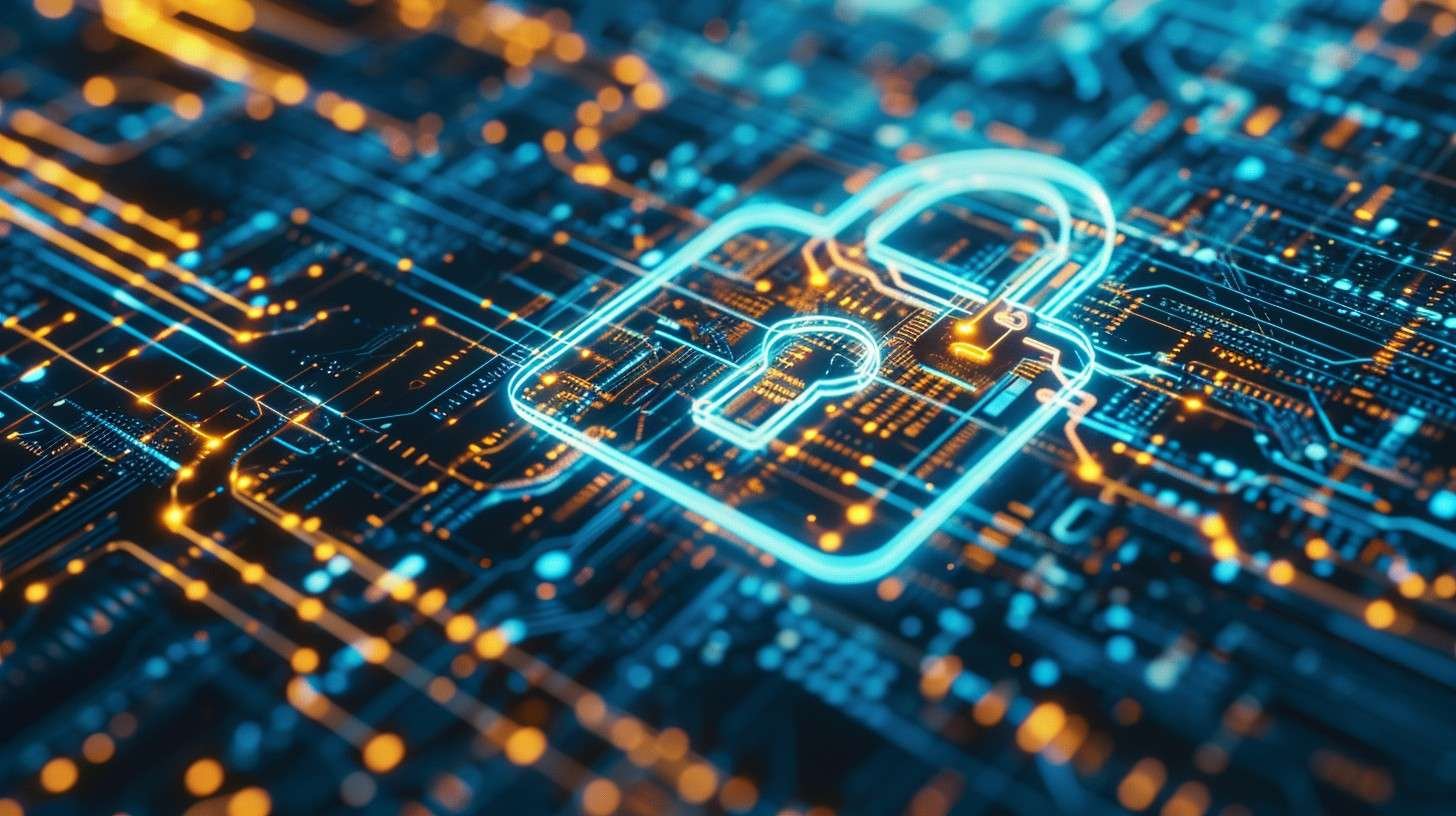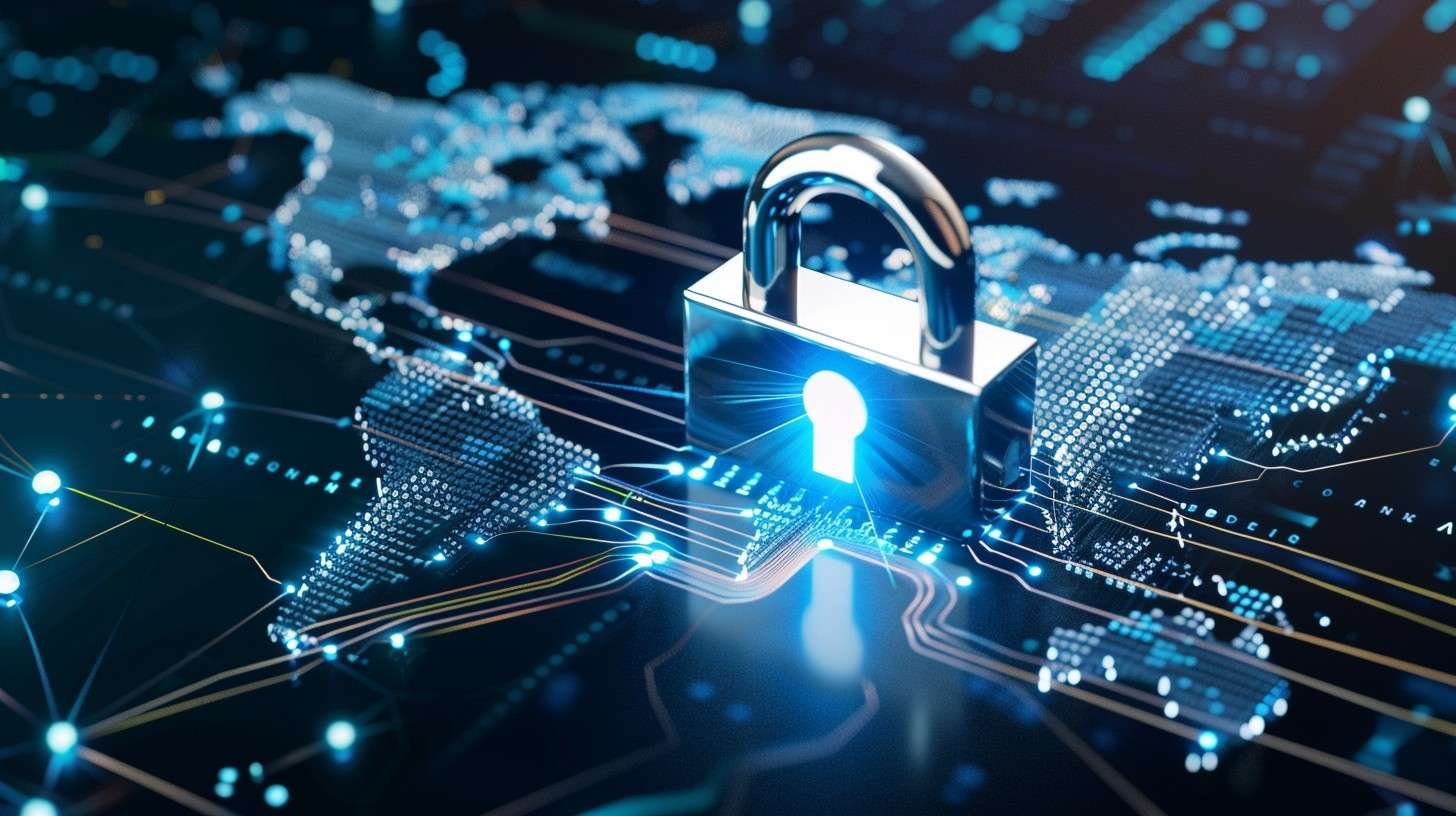Why Network Security Is Important
Introduction
When it comes to the digital age, understanding why network security is important is essential. Network security isn’t just a buzzword; it’s a critical aspect of our digital lives. Whether you’re a business owner, a tech enthusiast, or just someone who uses the internet, network security plays a pivotal role in keeping your information safe. But why is it so important? Let’s dive into the world of network security and understand its significance.
Understanding Network Security
Definition of Network Security
To grasp why network security is important, you first need to know what it entails. Network security involves strategies and practices designed to protect your network infrastructure from unauthorized access, misuse, or theft. It encompasses both hardware and software technologies to safeguard your data and ensure its integrity.
Types of Network Security
Network security can be categorized into several types, including physical, technical, and administrative security. Each type plays a unique role in forming a robust security framework, further emphasizing why network security is important.
Components of Network Security

Firewalls
Firewalls serve as a protective shield, separating your internal network from potential external dangers. They oversee and regulate the flow of network traffic in and out, following specific security protocols.
Antivirus and Anti-malware Software
These programs are essential for detecting and removing malicious software that can compromise your system.
Intrusion Detection Systems (IDS)
IDS monitor network traffic for suspicious activity and potential threats, alerting administrators to any possible breaches.
Virtual Private Networks (VPN)
VPNs provide a secure connection over the internet, ensuring that data transmitted between your device and the network remains encrypted and safe from eavesdroppers.
Common Network Security Threats

Malware
Malicious software designed to damage, disrupt, or gain unauthorized access to your network.
Phishing Attacks
Deceptive attempts to obtain sensitive information by pretending to be a trustworthy entity in electronic communications.
Denial of Service (DoS) Attacks
Attacks that flood a network with traffic, making it unavailable to its intended users.
Man-in-the-Middle (MitM) Attacks
When an intruder clandestinely intercepts and transmits messages between two parties who think they are directly exchanging information with each other.
Impacts of Network Security Breaches

Financial Losses
One key reason why network security is important is the financial impact. Breaches can lead to significant financial losses due to theft, fraud, and the costs of repairing the damage.
Data Theft
Sensitive information can be stolen, leading to identity theft and other malicious activities.
Reputational Damage
A security breach can tarnish your reputation, leading to a loss of trust among customers and partners.
Legal Consequences
Failure to protect data adequately can result in legal penalties and regulatory fines.
Read more: Protect Your Digital Life, Evolution Of Cybersecurity
Why Network Security Is Crucial for Businesses

Protecting Sensitive Information
Businesses handle a lot of sensitive information, including customer data, financial records, and proprietary information. Network security helps protect this data from unauthorized access, underscoring why network security is important for businesses.
Ensuring Business Continuity
A strong network security strategy ensures that business operations continue smoothly without disruptions caused by cyber-attacks.
Maintaining Customer Trust
Customers trust businesses with their personal information. Ensuring robust network security helps maintain that trust.
Complying with Regulations
Many industries have regulations that require businesses to implement specific security measures to protect data. This is another reason why network security is important.
Best Practices for Network Security

Regular Software Updates
Keeping software up to date ensures that security vulnerabilities are patched, reducing the risk of attacks.
Employee Training
Educating employees about security best practices can help prevent accidental breaches.
Strong Password Policies
Implementing strong password policies can protect against unauthorized access.
Data Encryption
Encrypting data makes it unreadable to unauthorized users, providing an additional layer of security.
Role of Network Security in Personal Safety

Safeguarding Personal Information
Network security helps protect personal information from being accessed or stolen by malicious actors, which is another aspect of why network security is important.
Preventing Identity Theft
By securing your network, you reduce the risk of identity theft.
Protecting Online Activities
Network security ensures that your online activities, such as banking and shopping, remain secure.
Emerging Trends in Network Security
Artificial Intelligence and Machine Learning
AI and machine learning are being used to detect and respond to threats more efficiently.
Blockchain Technology
Blockchain provides a secure method of recording transactions, which can be used to enhance network security.
Internet of Things (IoT) Security
With the increasing number of IoT devices, securing these devices has become a priority.
Conclusion
Comprehending why network security is important is essential in today’s digital age. Network security protects our data, ensures business continuity, and maintains customer trust. By implementing best practices and staying informed about emerging trends, we can safeguard our information and stay ahead of potential threats.
FAQ’s
1. What is network security?
Network security involves strategies and practices designed to protect network infrastructure from unauthorized access, misuse, or theft. This is a fundamental reason why network security is important.
2. How can I improve my network security at home?
Use strong passwords, keep your software updated, install antivirus software, and consider using a VPN. These steps underline why network security is important even at a personal level.
3. What are the most common network security threats?
Common threats include malware, phishing attacks, DoS attacks, and MitM attacks.
4. Why is network security important for small businesses?
It protects sensitive information, ensures business continuity, maintains customer trust, and helps comply with regulations. These points collectively explain why network security is important for small businesses.
5. How does encryption enhance network security?
Encryption makes data unreadable to unauthorized users, providing an additional layer of security, which is a key aspect of why network security is important.

One response to “Why Network Security Is Important? You Should Know”
Your article helped me a lot, is there any more related content? Thanks!